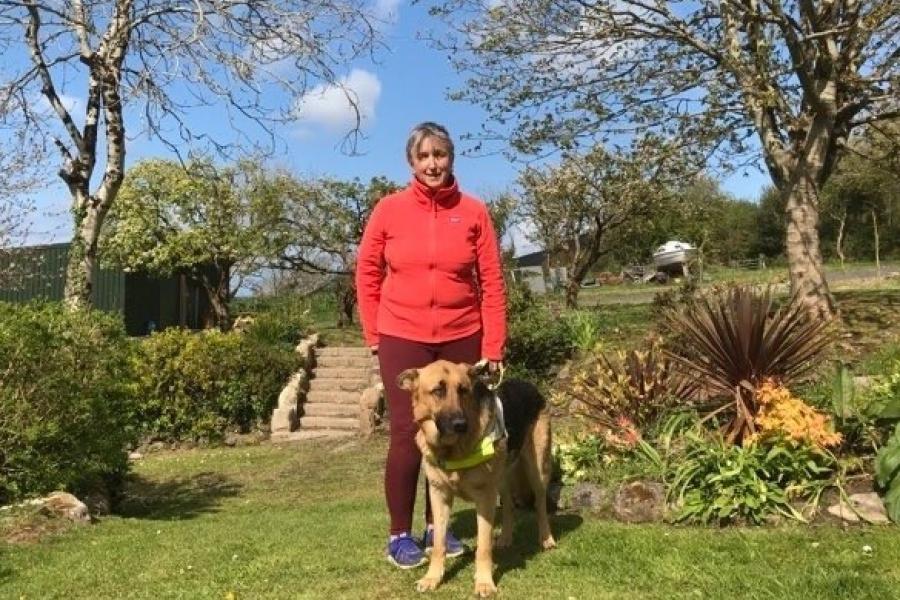Overview
Building on 20 years of our experience in research and teaching health economics to public health practitioners and those undertaking research in public health, we offer this two-day free online short course showcasing our research portfolio at the Public Health and Prevention Economics Research Group (PHERG) at the Centre for Health Economics and Medicines Evaluation (CHEME). Through recorded presentations and live breakout rooms with you, the delegates, and our faculty of researchers at PHERG CHEME, we will be asking and discussing collaboratively:
- What additional challenges does applying methods of economic evaluation to public health and prevention initiatives within and outside of traditional health care systems pose and how can we address them?
- What methods are we, as health economists, using (diversifying our portfolio) to address these challenges and add to the evidence base of the relative cost-effectiveness and social value of public health and prevention interventions across sectors and across the life-course?
- How can such interventions be paid for in future and how do these methods relate to overarching policy approaches to sustainability and climate change?
This short course accompanies the textbook: Edwards, R. T., & McIntosh, E. (Eds.). (2019). Applied health economics for public health practice and research. Oxford University Press.
Benefits of attending
This Short Course has been accredited by the Faculty of Public Health. Attendees can request a Certificate of Completion after successfully completing this two-day course, which will evidence 10 hours of CPD.
At the end of this short course delegates will:
- have gained an appreciation of the concepts, methods and application of health economics to public health.
- be able to critically appraise a published economic evaluation of a public health intervention and feel confident in speaking about potential return on investment from public health programmes in the NHS and other settings such as schools and workplaces.
- have an appreciation of how health economics is needing to diversity in order to meet the challenges posed by the evaluation of public health and prevention interventions across many different sectors, linking with overarching policy goals of sustainability and climate change.
Course cost: Free


